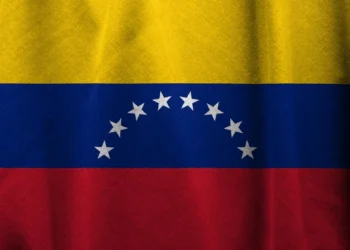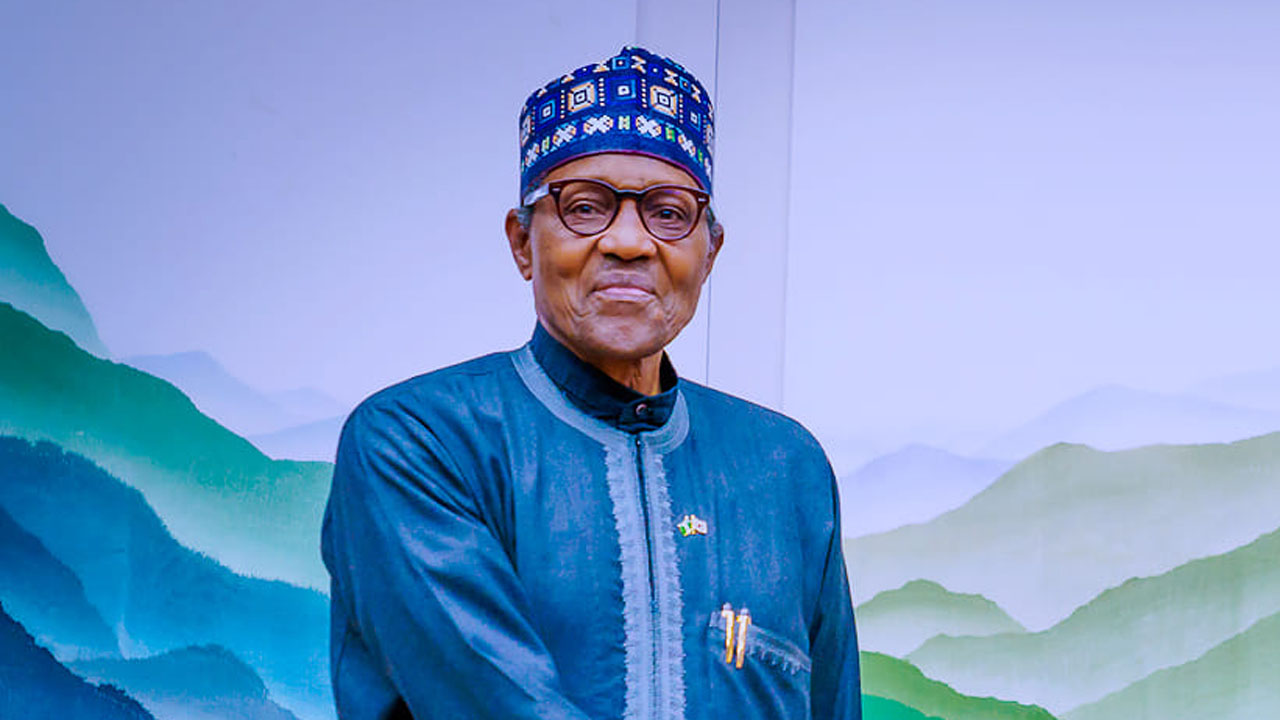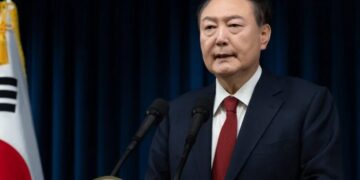Developing nations at the BRICS summit in Rio de Janeiro pushed back forcefully against U.S. President, Donald Trump’s accusation that the bloc is “anti-American,” with Brazilian President Luiz Inácio Lula da Silva declaring, “The world has changed. We don’t want an emperor.” The defiant statement came after Trump threatened retaliatory tariffs against BRICS nations if they pursue policies his administration deems hostile to U.S. interests.
The U.S. president’s warning, issued ahead of a July 9 deadline for new trade deals, stopped short of immediately imposing a 10% tariff on BRICS members but left the door open for escalation. Trump has long accused the group (which is now expanded to include Egypt, Ethiopia, Iran, and the UAE) of undermining the U.S. dollar’s dominance in global trade. In February, he vowed 100% tariffs if BRICS advanced de-dollarization efforts, though Brazil has since softened its stance on a common currency.
Lula, however, reiterated his call for reducing reliance on the dollar. “The world needs to find a way that our trade relations don’t have to pass through the dollar,” he said, urging central banks to collaborate on gradual reforms. Other members echoed the sentiment without directly naming Trump. China’s foreign ministry spokesperson Mao Ning criticized tariffs as “tools for coercion,” while South Africa’s Cyril Ramaphosa stressed BRICS’ non-confrontational approach.

The Global Trade and How BRICS Is Currently Positioning Itself
As divisions are crippling forums like the G7 and G20, BRICS has branded itself as a counterweight to U.S.-led economic order. A joint summit statement condemned recent attacks on member Iran and warned against tariff-driven trade disruptions—a thinly veiled rebuke of Trump’s policies. The bloc’s expansion, with Saudi Arabia poised to join and over 30 countries expressing interest, signals growing traction for its multilateral model.
While Russia and China framed BRICS cooperation as ideologically neutral, India withheld comment on Trump’s threats. New member country, Indonesia dispatched its economic minister to U.S. tariff talks, highlighting the delicate balance between BRICS solidarity and reliance on American markets. Meanwhile, Malaysia, a partner nation, emphasized policy independence after facing (and temporarily dodging) 24% U.S. tariffs.
Is It A New World Order? BRICS Tests U.S. Dominance
The summit’s outcomes emphasises on the deepening rift in global trade governance. With Trump doubling down on protectionism and BRICS courting the Global South, the clash over tariffs, currencies, and “imperial” leadership could restructure economic alliances for years to come.

















